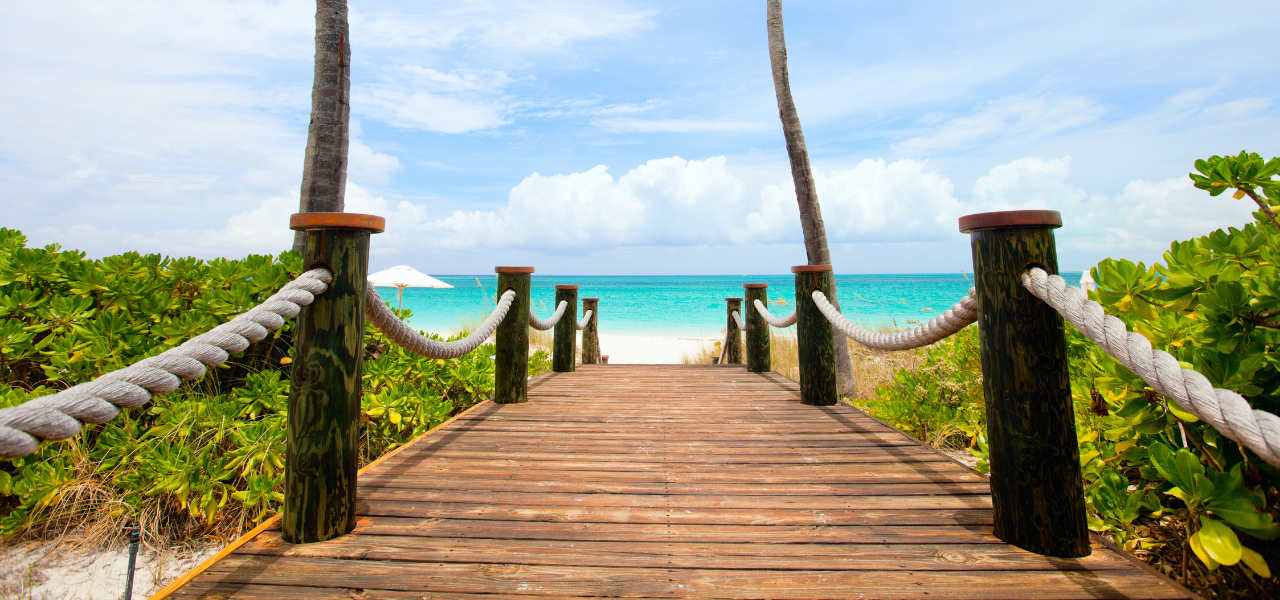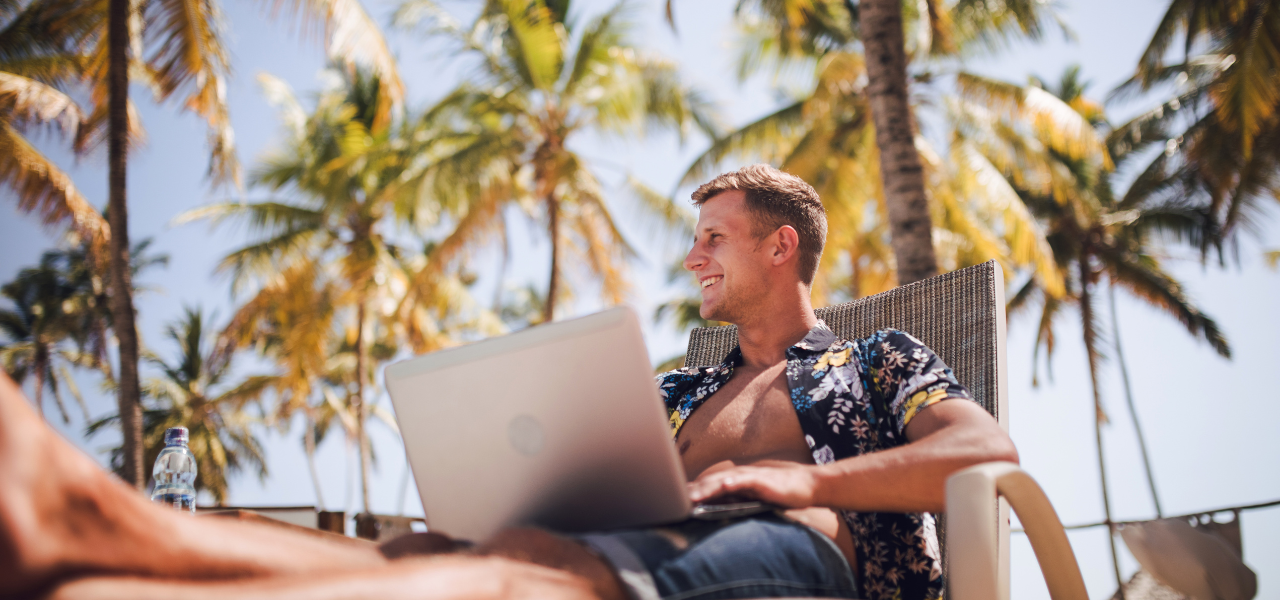Malta Citizenship by Investment
Malta citizenship by investment is the only active CBI programme in European Union, known as Malta Citizenship by Naturalisation for Exceptional Services by Direct Investment. This programme requires a period of residency, making it somewhat distinct from the straightforward Caribbean CBI programmes such as Antigua and Barbuda, Dominica, Grenada, Saint Kitts and Nevis and Saint Lucia. It is also considerably more expensive than such programmes. Below, we explain the basics of citizenship by investment in Malta, as well as alternative methods of obtaining Maltese citizenship.

Citizenship by investment in Malta is a unique programme, and no other EU country offers a comparative scheme. Citizenship carries all the benefits of being an EU citizen, including the freedom to live, work and travel freely throughout the EU. As such, it has seen significant interest from investors despite its high cost.
The programme is currently subject to a legal challenge from the EU Commission on the alleged basis that it undermines the principles of the EU. Malta has rigorously defended its right to determine who may become citizens of its country, and in November 2024, the Advocate General issued a very strongly drafted legal opinion that the EU Commission’s case be dismissed. Although this opinion is not binding on the Court of Justice of the European Union, which has the final say and is due to give its judgment in 2025, the court typically follows the Advocate General’s opinion, so it looks highly likely that the Malta Citizenship by Investment programme is here to stay.
At least part of the controversy has stemmed from the fact that the Malta citizenship by investment programme essentially accelerates the route to naturalised citizenship by the making of significant payments to the government rather than investing in the country (with potential returns) as with other EU golden visa schemes which are designed to enable residency leading to citizenship after a prolonged period. Such schemes are not uncommon in the rest of the world (for example, all the Caribbean Citizenship by Investment countries allow for a contribution as an alternative to an investment in real estate, funds, bonds or business), but this is not the case in the EU.
The number of passports granted under the current Malta citizenship by investment programme is limited to 400 main applicants per year and a total of 1,500 citizenships. The current programme replaced a previous programme when it reached its maximum of 1,800 citizenships granted, so this may not be the last programme implemented.
Why Choose Malta for CBI?
Malta is a member of the European Union, so citizenship comes with all the rights and benefits that EU members enjoy, such as freedom of travel and residence and the ability to work throughout the EU. Some of the important reasons why choose Malta are:
- high quality of life and public services
- economic stability
- Mediterranean climate
- Malta is well-located and linked for international travel
Is Dual Citizenship Allowed in Malta?
Malta permits its citizens to hold dual citizenship. You will need to consider whether your existing country(ies) of citizenship permits dual citizenship.

Citizenship by Investment in Malta Requirements
Residency Requirements
To apply for citizenship by investment, the main applicant must have applied for and obtained residency through an authorised agent and been resident in Malta for at least the preceding 36 months or, at an increased cost, at least the preceding 12 months.
Minimum Investment Criteria
Once the residency period has been satisfied, an applicant may apply for citizenship by investment. The requirements are:
- The non-refundable exceptional direct investment of EUR 600,000 or EUR 750,000 if applying after more than 12 months but less than 36 months’ residency; and
- the purchase of a residential property worth at least EUR 700,000 or the rental of a property for a minimum annual rent of EUR 16,000, which must be kept by the main applicant for a minimum of 5 years; (and not leased or sub-letted)
- the donation of a minimum of EUR 10,000 to a registered philanthropic, cultural, sport, scientific, animal welfare, or artistic NGO or society.
Legal and Financial Prerequisites
Apart from the financial investment and residency requirements, Malta also requires applicants to:
- Swear an oath of allegiance to the Republic of Malta
- submit a medical report attesting that the applicant and their dependents are in good health, not suffering from any contagious disease and are not likely to become a burden on the public health system of Malta
- submit a police certificate
The applicant will also need to demonstrate connecting factors with Malta through personal, social, commercial, investment and philanthropic engagement.

3 Ways to Get Citizenship in Malta Without Investment
The alternative methods of obtaining citizenship in Malta are largely as you would expect.
- Citizenship by birth: this was very complex historically due to Malta’s independence in 1964, and it is not straightforward now but a child born in Malta after 1989 with at least one parent who is Maltese will be considered a Maltese citizen
- Citizenship by registration: this allows certain descendants or spouses of Maltese citizens to apply for citizenship. Again, this is highly complex but it is worth noting that to apply as a spouse requires the applicant to have been married for five years and be living with the spouse.
- Citizenship by naturalisation: a foreign citizen or stateless person may apply for citizenship by naturalisation provided they:
- have been resident in Malta for the preceding 12 months
- have been resident in Malta for an aggregate of 48 months within the 72-month period prior to the months period above
- have adequate knowledge of the English or Maltese language
- are of good character
- would be a suitable citizen of Malta.
Maintaining Citizenship in Malta
Citizenship, once granted, is for life unless it is revoked. There are two main grounds for revocation:
- Where continued citizenship is not in the public interest. Examples would include:
- living away from Malta continuously for seven years without confirming intention to remain a citizen
- conviction for a criminal offence carrying a sentence of not less than twelve months within seven years of becoming a citizen by registration or naturalisation
- disloyalty to the President or government of Malta
- where citizenship was granted on the basis of fraud, false representation or concealment of a material fact.
The latter is most relevant to citizenship by investment applicants, as citizenship can be revoked if incorrect or incomplete information is provided during the application process. This is not an empty threat; Malta has, at the time of writing, revoked five citizenships obtained under citizenship by investment programmes under these criteria.
Citizenship by Investment in Malta Restrictions
As with all CBI programmes, certain eligibility criteria apply to the person applying to become a citizen through the CBI programme. Applications will be denied/not processed if the applicant or, as relevant, the applicant’s dependent:
- is a national of Afghanistan, the Democratic Republic of Congo, Iran, North Korea, Somalia, South Sudan, Sudan, Syria, Venezuela, or Yemen
- has been indicted of an offence or arraigned before an International Criminal Court (whether found guilty or not)
- is listed with INTERPOL or EUROPOL
- has been charged with serious crimes with examples such as terrorism, money laundering, crimes against humanity, defilement of minors, indecent assault or any other crime punishable by more than 12 months imprisonment
- has been denied a visa to a country with which Malta has visa-free travel arrangements and has not subsequently obtained a visa from such country
- is or is likely to be involved in any activities which may cause disrepute to Malta
A successful applicant will also need to be considered to be a ‘fit and proper’ person to become a citizen of Malta. As such, due to the subjective nature of this test and the final bullet point above, there is a lot of flexibility for denial of applications. This is in line with Malta’s reputation as taking the due diligence process very seriously, which is to be expected given Malta’s status as a member of the EU.
Final Thoughts
Obtaining citizenship by investment in Malta is attractive, not least due to Malta being a member of the EU, and it is the only EU country currently offering this direct route to citizenship. However, it is expensive with a high level of investment required (with a large part of this being essentially a non-refundable contribution rather than an investment) and requires residence in Malta prior to application of at least 12 months. Essentially, the Malta citizenship by investment programme allows applicants to accelerate the naturalisation process in return for payments to the government and charities. This is in comparison to the five Caribbean citizenship by investment countries, where the process does not require physical residency and is considerably less expensive.

FAQs on Malta Citizenship by Investment
Who can receive Maltese citizenship?
Any person may apply provided they have met the criteria described above.
How long must you wait to obtain Maltese citizenship?
The shortest period under the CBI programme would be 12 months plus the time for processing and completing the application which is typically 12-18 months.
What happens if my application is rejected?
You will not be granted citizenship and the fees and contributions will be lost. It is therefore essential to ensure that the applicant will pass the due diligence requirements (although notes that these are to some extent subjective). Although you may apply again following a refusal, you would need to show that the grounds for refusal have changed.
Do I need to learn Maltese to obtain citizenship?
If you are applying for citizenship by investment there are no language requirements (although note the subjectivity of the tests and it is not impossible that a refusal on the grounds of not being ‘fit and proper’ could be partly based on a lack of local language skills). Citizenship by naturalisation requires an adequate standard of Maltese or English.
Is there a minimum stay requirement after obtaining Maltese citizenship?
No. However, note the requirements regarding the ownership or rental of property for five years and the ability to revoke citizenship if the citizen is away from Malta for seven years.
Can I sell the real estate investment after obtaining Maltese citizenship?
Only after five years has expired from the grant of citizenship.
Can I apply for Malta citizenship by investment for my entire family?
Yes. Children under 18, dependent children under 29, a spouse (gender neutral) in a monogamous marriage or partner having similar status, and parents and grandparents over the age of 55 who are economically dependent on the applicant may apply alongside the main applicant.
Is Maltese citizenship obtained through investment passed on to future generations?
Yes, a child born to a Maltese citizen who has become a citizen pursuant to the programme becomes a citizen of Malta in the same manner as the children of other Maltese citizens. A child born before becoming a citizen may be able to obtain citizenship by naturalisation utilising a streamlined approach (or of course may be able to become a citizen as part of the application).





.svg)





.png)





.png)





.png)





.png)





.png)





.png)


